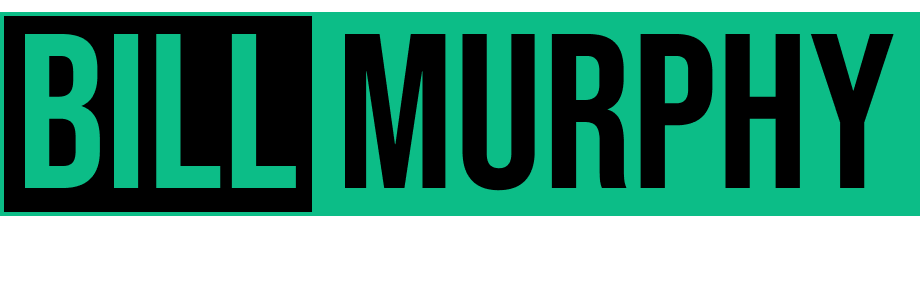Have you ever heard of bonking? If you’re like millions of other Americans, perhaps you haven’t.
Bonking is sometimes known as “hitting a wall.” The imagery this phrase provides creates a clearer picture of what bonking is – an abrupt loss of energy combined with extreme fatigue.
So, what causes bonking – inside and outside the realm of fitness – and how do you prevent it?
What is Bonking?
Physically speaking, bonking occurs when the body becomes depleted of glycogen, a form of glucose that provides you with energy. This lack of “fuel” stops the body’s capability to exert itself, causing severe fatigue and weakness. Physical bonking happens mostly to people who participate in endurance sports like running and cycling.
Here are a few other symptoms of bonking:
- Shaking
- Muscle cramps
- Excessive sweating
- Dizziness
- Nausea
- Poor coordination
- Cognitive impairment
Bonking can deplete the immune system, lead to interruptions in training, and cause muscle loss. It’s easy to see that bonking is not a pleasant experience.
However, it is essential to note that bonking can be applied to many parts of life, not just fitness.
“Bonking isn’t reserved for only athletic activities. This can happen at work, in our relationships, and daily lives. Physical and mental fatigue is a part of life, and there are times when we are forced to push through, but we all have our breaking point.” – Bill Murphy, Thriving in the Storm: Nine Principles to Help You Overcome Any Adversity.
Here are a few symptoms of lifestyle bonking, or “burnout”:
- Feeling overwhelmed and depleted
- Physical symptoms like headaches or stomachaches
- Low energy levels
- Avoiding social situations
- Frequent illnesses
- Changes in sleep patterns
- Irritability with friends, family, and coworkers
What Causes Bonking?
Bill Murphy – book author, nationally-recognized mortgage originator, and marathoner – first experienced physical bonking when he ran the 2019 Boston Marathon.
“I had already run the Boston Marathon three times, but this race was different. When I hit mile 15, I cramped up and struggled to stay on my feet. Never mind finishing the entire 26 miles; it felt like I could drop at any minute… I had cramped up when running before, but I had always powered through it. I knew I was in great shape. I followed my workout plan perfectly. Something else was going on.”
Later, Bill’s Certified Coach, Shirley, explained what he had experienced: bonking. “Shirley taught me about bonking… It’s what happens when your body runs out of nutrients and you crash. Your muscles fail, and you can’t continue because you have nothing left in the tank.”
So, what causes one to experience this dreadful event?
Researchers still aren’t sure about the exact cause of bonking. One theory, known as the “catastrophe model,” suggests that bonking occurs when muscle function reaches its physiological limit. Other research states that the brain works to limit the muscles preventively, shutting down function levels when energy supplies are running low.
In contrast, lifestyle bonking can be caused by the pressure to perform, pessimism, mindless activities, high-stress levels, lack of support, and many different reasons.
How Can Bonking Be Prevented?
Bonking prevention is approached in two ways, depending on if one is referring to physical bonking or lifestyle bonking.
The way to avoid physical bonking is straightforward: Provide your body with enough nutritious food and hydrating fluids to ensure it stays adequately fueled during each workout.
Check out the following tips, which will help your body get the nutrients it needs:
- Figure out what your caloric and carbohydrate consumption rates are ahead of time.
- Use training sessions to experiment with different “fueling” techniques to see what works best for you.
- Maintain proper nutrition and hydration levels leading to major events.
Bill shares how he now avoids physical bonking: “I started eating more carbs, mainly because I was training more and losing weight. I paid more attention to my salt levels and the electrolytes I took in. I increased my potassium… There was a strategy to it. I knew what to eat and what to take when… I learned from my mistakes, and I felt better than I ever did before in my life.”
As we previously mentioned, bonking isn’t only reserved for exercise; it can also affect other areas of our lives. So how can lifestyle bonking be avoided?
- Taking breaks when needed
- Eating nutritiously
- Exercising regularly
- Maintaining good sleeping habits
- Practicing meditation
- Doing breathing exercises
- Expressing gratitude and kindness
Additionally, don’t be afraid to ask for help if you feel like you may be getting close to lifestyle bonking or burnout. If you’re uncomfortable asking for help, consider creating a self-care “check-in” routine with a trusted loved one.
Learn More About Avoiding Bonking
Looking for more helpful information to help avoid bonking during life’s journey? Check out our free resources, including a video library, podcasts, and a free downloadable workbook and journal.
Also, don’t forget to snag a copy of Bill Murphy’s latest book, Thriving in the Storm: Nine Principles to Help You Overcome Any Adversity. Follow his journey as he explores nine vital principles to thrive in all life’s storms.
